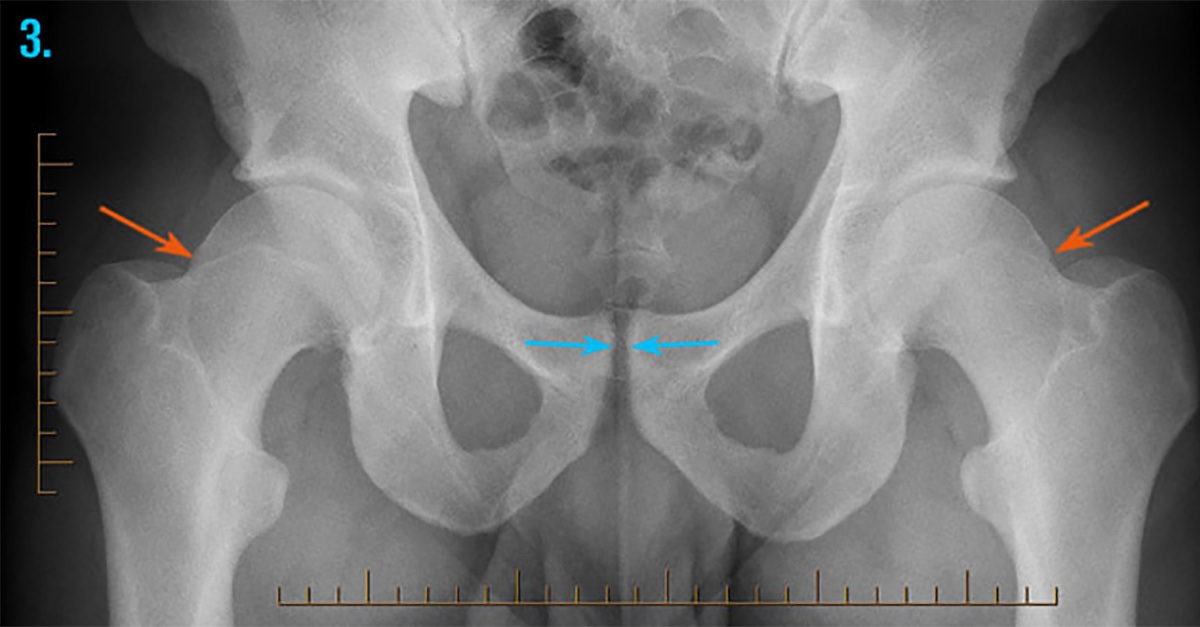Healthbeauty123.com – There are several types of Hip Bone Pain. While some people can treat them at home, others may need to see a doctor. A fracture can cause severe pain and can lead to a variety of complications, including fever, rash, and sickle cell anemia. Regardless of the cause, it is important to get the proper treatment to prevent further damage to your body. There are many ways to treat hip pain. Continue reading to learn more about the different kinds of hip pain.
The Most Accurate Way to Diagnose Pain
The first step is to visit a medical practitioner. Your healthcare provider can order a hip X-ray. An x-ray of the hip is the most accurate way to diagnose your pain. A MRI or CT scan of the hip will give the doctor a clear picture of the condition. MRI and CT scans can also help your doctor determine if you have hip arthritis. You should consult a doctor if you suspect hip bone pain.
NSAIDs (nonsteroidal anti-inflammatory drugs) can relieve your pain. An NSAID is a type of medication that can be prescribed for pain. These medications are often prescribed by a physician. They should not be taken for more than two weeks. In some cases, NSAIDs are not effective. For other types of hip pain, anti-inflammatory creams and gels can relieve pain. A doctor can also perform X-rays to see what type of joint damage is causing your discomfort.

A hip X-ray will help your doctor diagnose the most appropriate course of treatment. While some people can treat their hip pain at home, others may require a trip to a medical professional. NSAIDs are a powerful painkillers. If you do need to take an NSAID, it is important to know that they should not be used for more than two weeks. If you experience symptoms of a joint injury, you should seek treatment immediately.
The Best Choice for Treating Hip Impingement
NSAIDs are often prescribed to treat hip pain. These medications can be used as a long-term treatment, or as an emergency treatment. If you suffer from hip impingement, however, you should seek medical attention immediately. Physical therapy is an excellent option for treating hip impingement, which can be treated with medication. Surgery can unlock the bones of the hip. A general musculoskeletal examination will also help your doctor rule out other conditions.
If your pain is accompanied by other symptoms, you should visit a medical professional. Your doctor may perform diagnostic tests, such as X-rays, CT scans, and MRIs. It is important to seek medical treatment for your hip pain as soon as possible. It is important to be aware of any symptoms you experience so that you can receive proper diagnosis. The best course of treatment is to consult a doctor and discuss the details of your condition.

Simple painkillers and NSAIDs can relieve hip pain. Nonsteroidal anti-inflammatory drugs (NSAIDs) are a common choice for treating this condition. It is important to understand that NSAIDs can’t be used for long periods of time. For short-term relief, anti-inflammatory gels or creams can be used instead. If you’re experiencing hip pain from an injury or condition that causes impingement, you should see a medical professional for a proper diagnosis.
Causes of Inflammation of the Hips
Other causes of Hip Bone Pain include viral infections or bacterial infections. Infections, such as Lyme disease and Septic Arthritis, can cause inflammation in the hip. Side hip pain is caused by bursitis, which is inflammation of the small jelly-like sacs around the joint. A general musculoskeletal exam can rule out more serious conditions, and a doctor will perform tests to rule out any underlying condition.
A doctor can perform diagnostic tests to diagnose your condition. X-rays, MRIs, and CT scans are all common tests. A specialist should be able to perform these tests to determine the cause of your pain. If you’re not sure, a specialist will recommend a treatment that will reduce your pain and stop it in its tracks. They may also prescribe diagnostic procedures. MRIs, blood tests, and CT scans can be used to diagnose other hip problems.

In addition to the symptoms described above, hip pain can be caused by a number of different structures, not just the hip joint. For example, a problem in the hip can cause pain in other areas of the body, including the groin. Fortunately, there are many treatments for hip pain. NSAIDs are commonly prescribed for pain management. NSAIDs should be taken only for a short period of time.
Reference:






